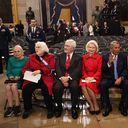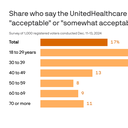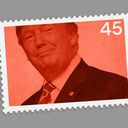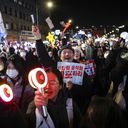Day 1: Tracking the notable attendees of Trump's inaugural events
Global leaders, current and former U.S. lawmakers, and heads of major U.S. companies descended on Washington, DC, for President Trump's inaugural events over the long weekend.
Why it matters: Trump takes office with Republican control of Congress, support from business and foreign leaders and what's seen as more cultural acceptance of the MAGA movement.
- Follow Axios' live coverage of Inauguration Day.
- Trump's inauguration is taking place inside the Capitol rotunda due to weather.
- Former Vice President Mike Pence, who served with Trump during his first term, was also in attendance.
We'll be tracking some of the notable attendees. Among them:
Current and former members of Congress
Former Republican House Speakers Kevin McCarthy (Calif.), Newt Gingrich (Ga.), and John Boehner (Ohio) trickled into the Capitol on Monday.
- Notably absent was former House Speaker Nancy Pelosi (D-Calif.) who said she wouldn't attend the inauguration, multiple outlets reported.
- Former Senate Minority Leader Mitch McConnell (R-Ky.) was in attendance with his wife, former U.S. Secretary of Transportation Elaine Chao, who served during Trump's first term and quit her role after the Jan. 6 insurrection.
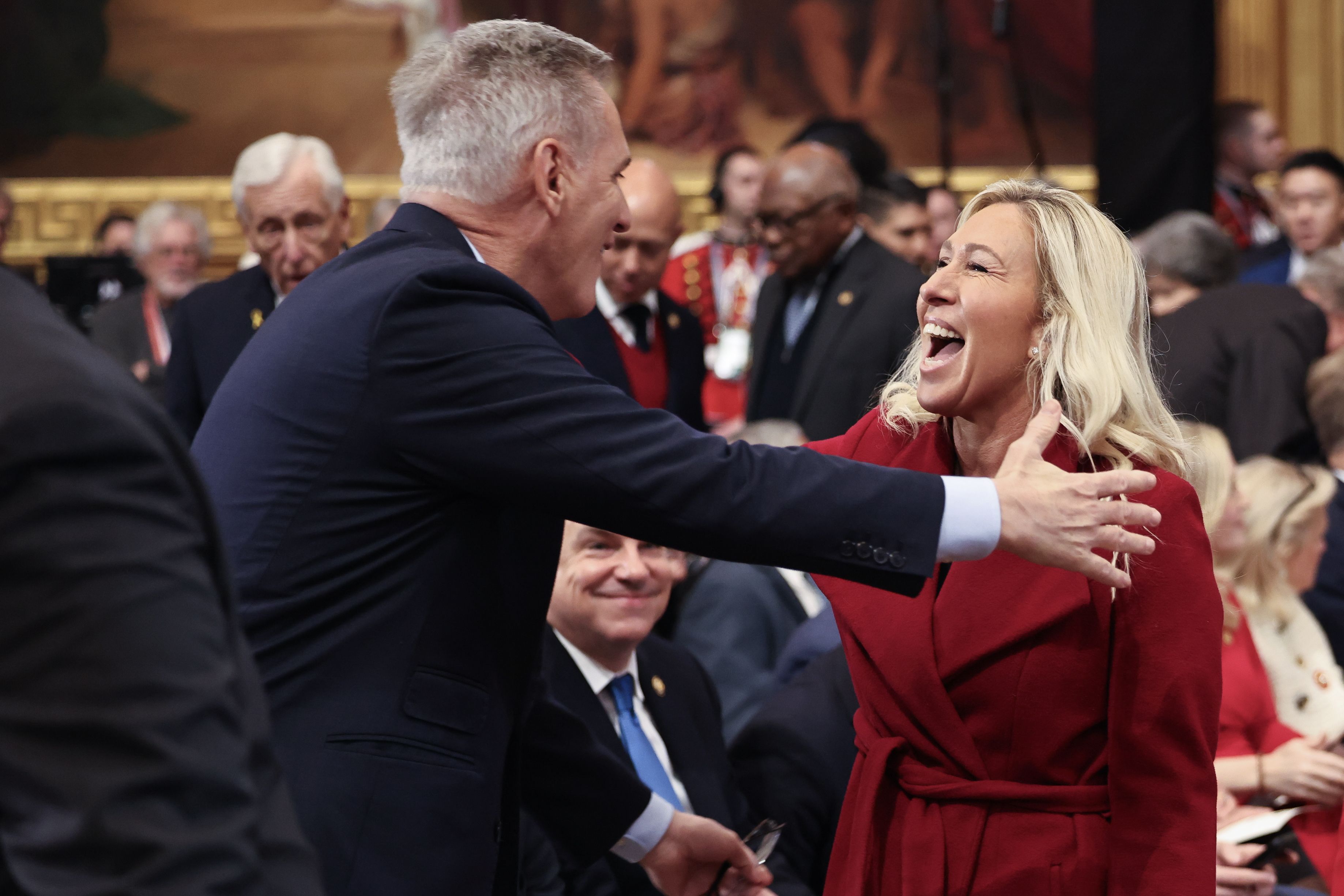
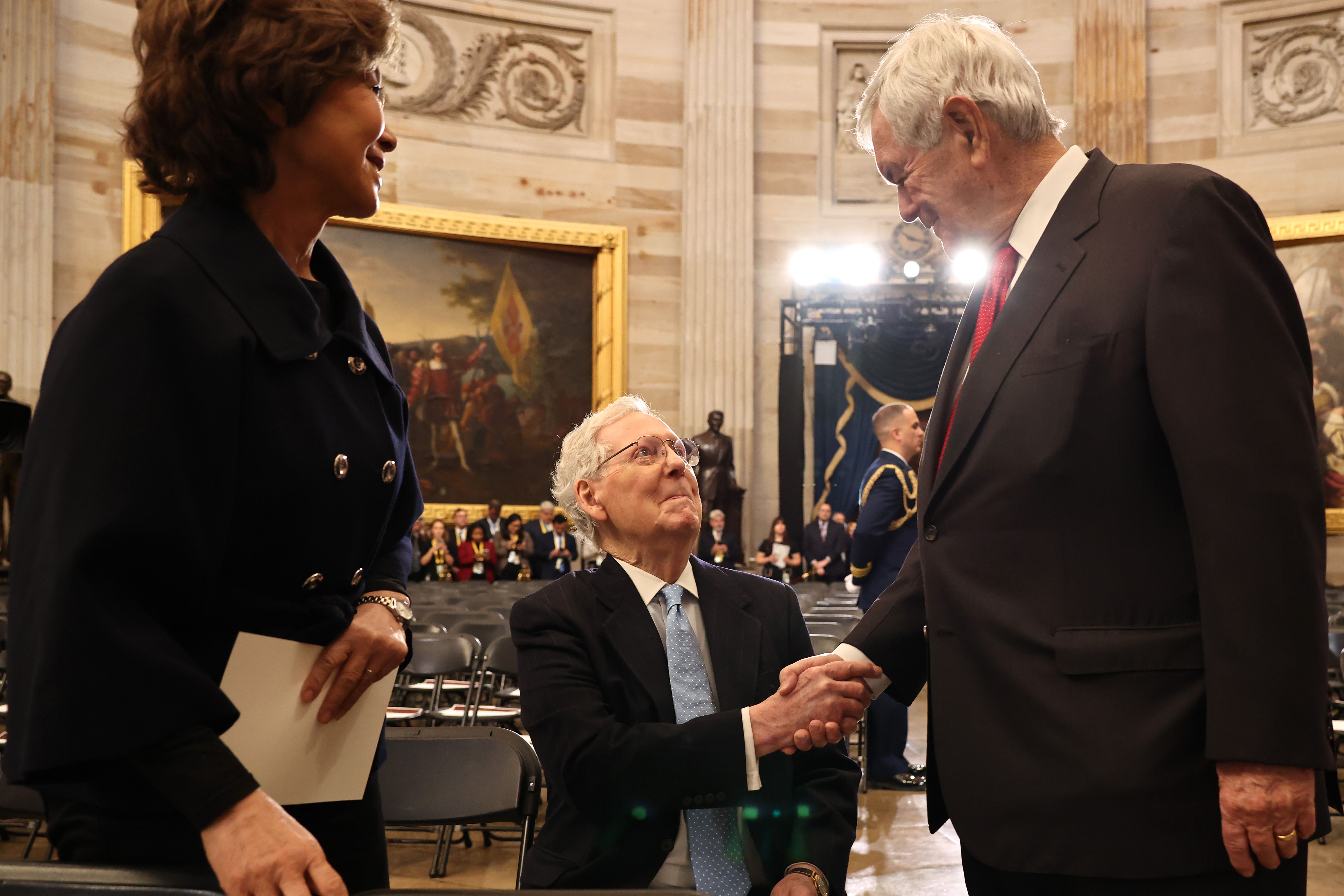
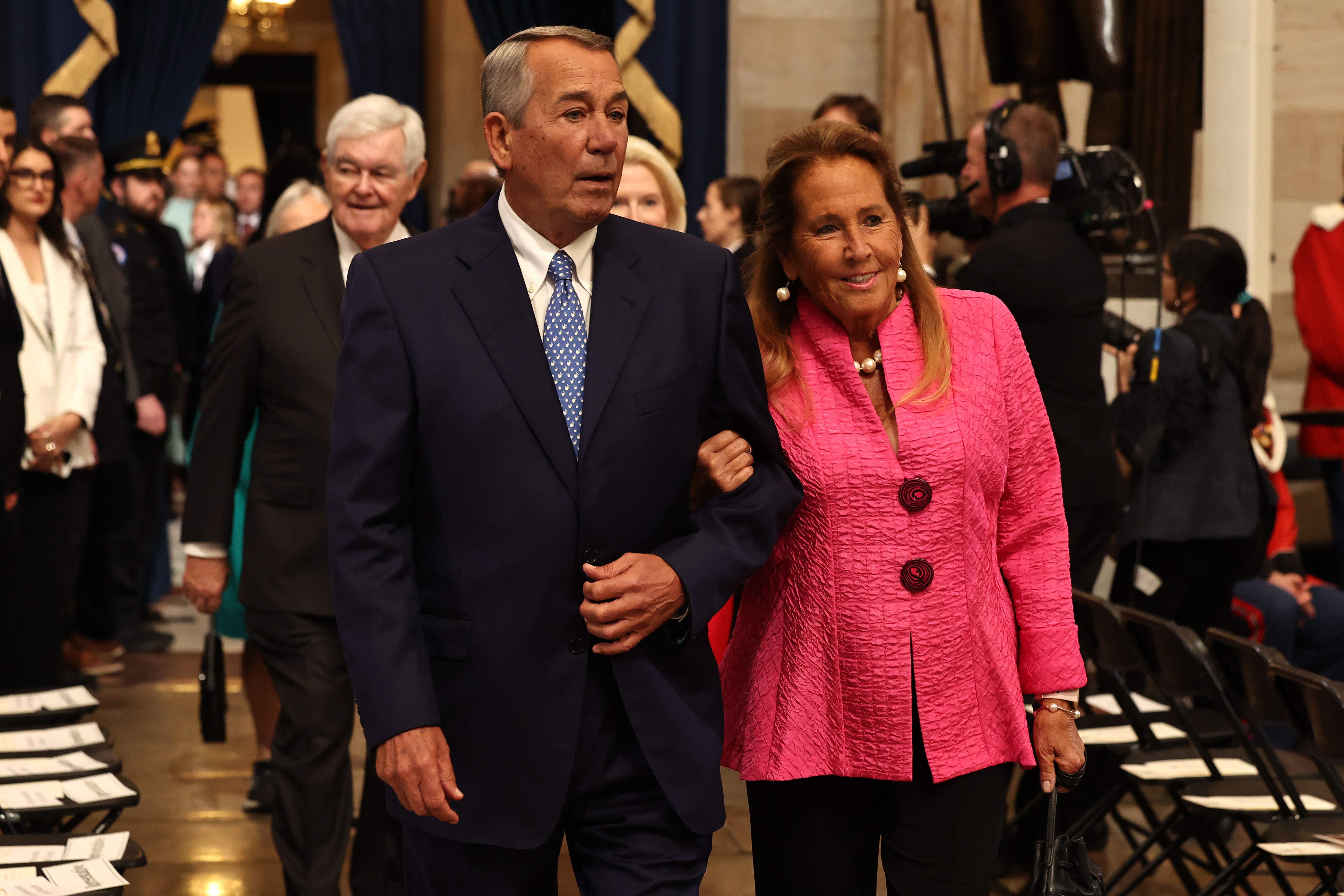
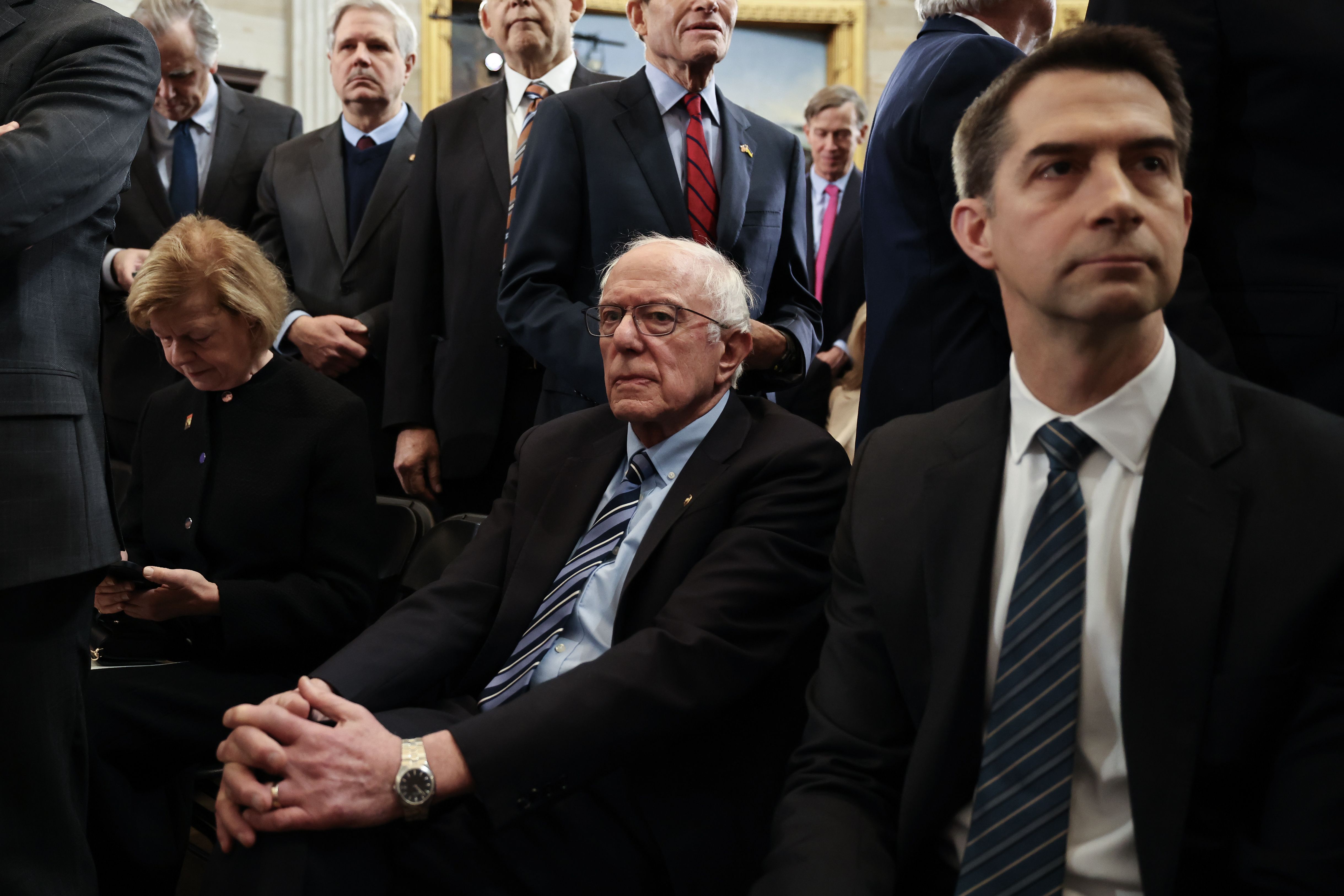
Tech and business leaders
- Elon Musk, CEO of Tesla, owner of X
- Sam Altman, CEO of OpenAI
- Mark Zuckerberg, CEO of Meta
- Jeff Bezos, CEO of Amazon, owner of the Washington Post
- Sundar Pichai, CEO of Google
- Rupert Murdoch, former executive chairman of Fox Corp., joined inauguration church services
- Dana White, CEO of the Ultimate Fighting Championship
- Shou Zi Chew, CEO of TikTok
- Joe Rogan, host of "The Joe Rogan Experience" podcast
- Tim Cook, CEO of Apple
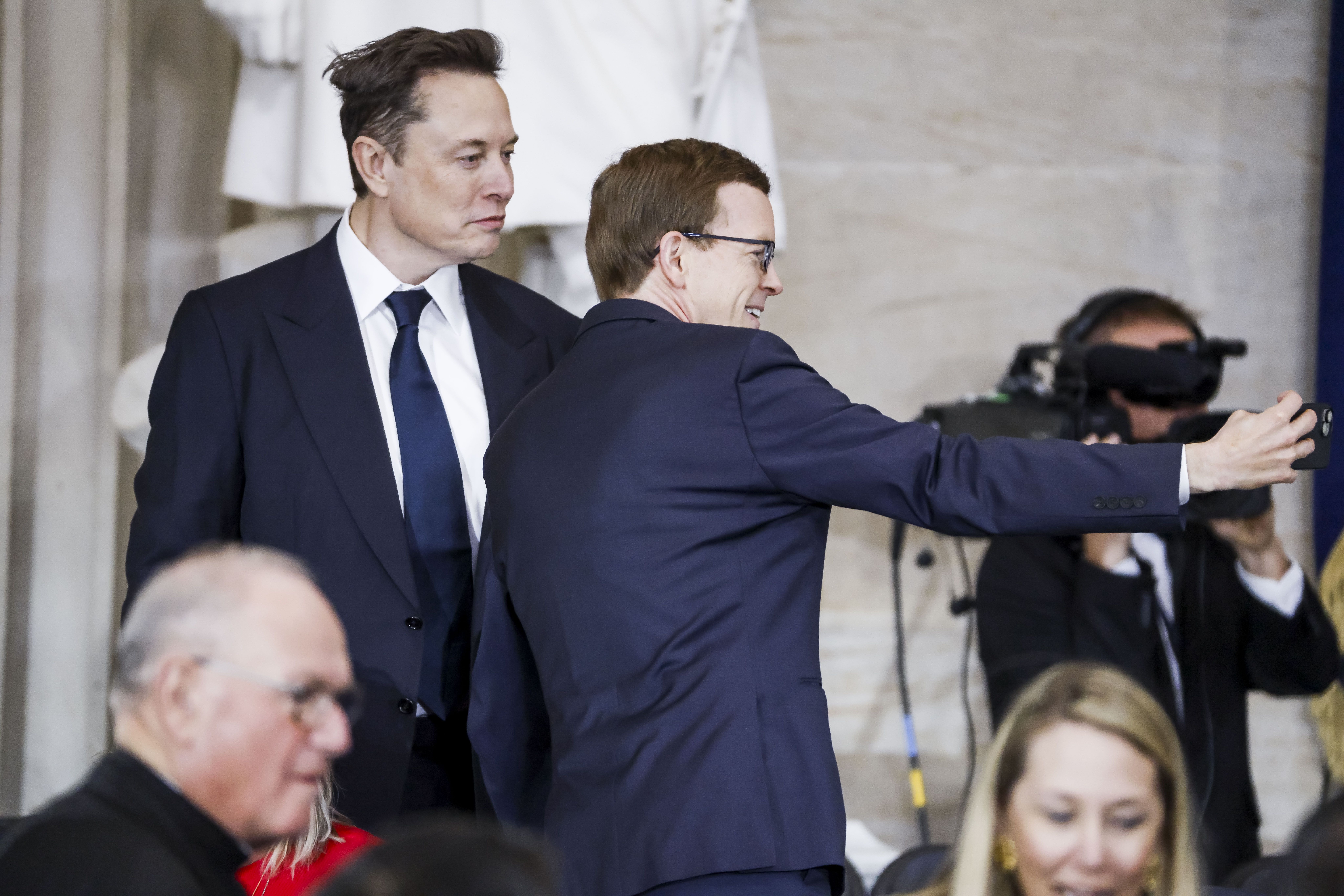

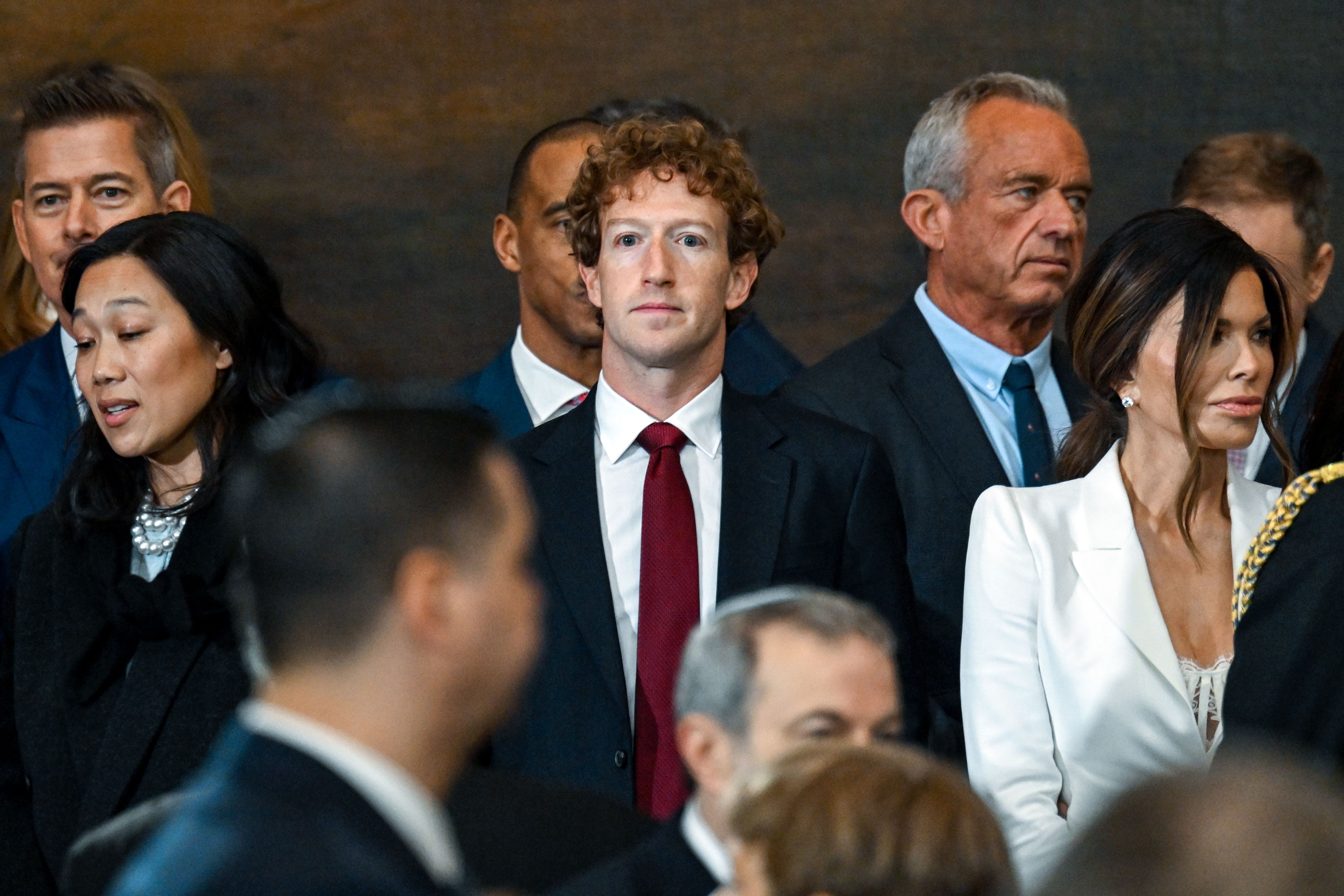
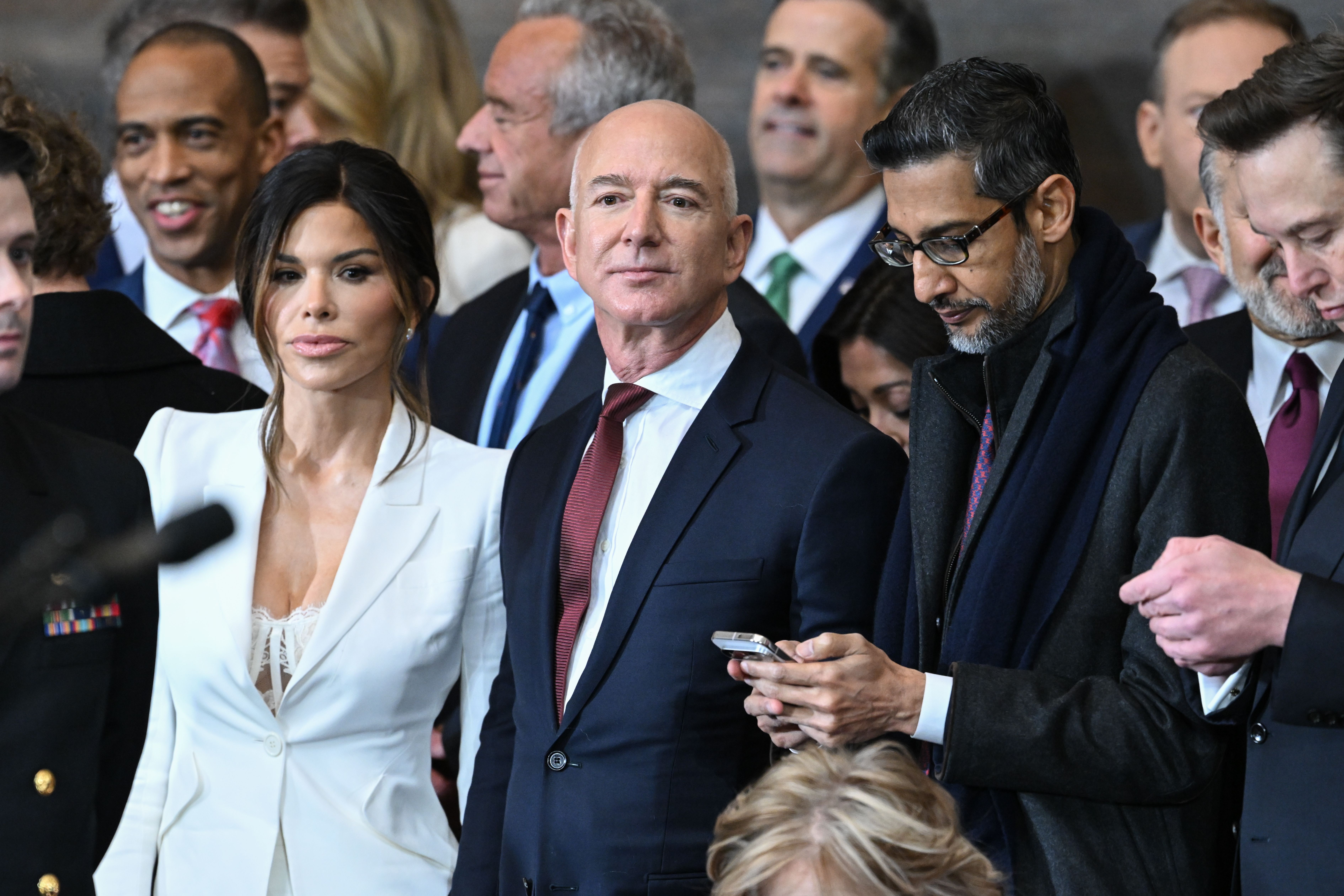
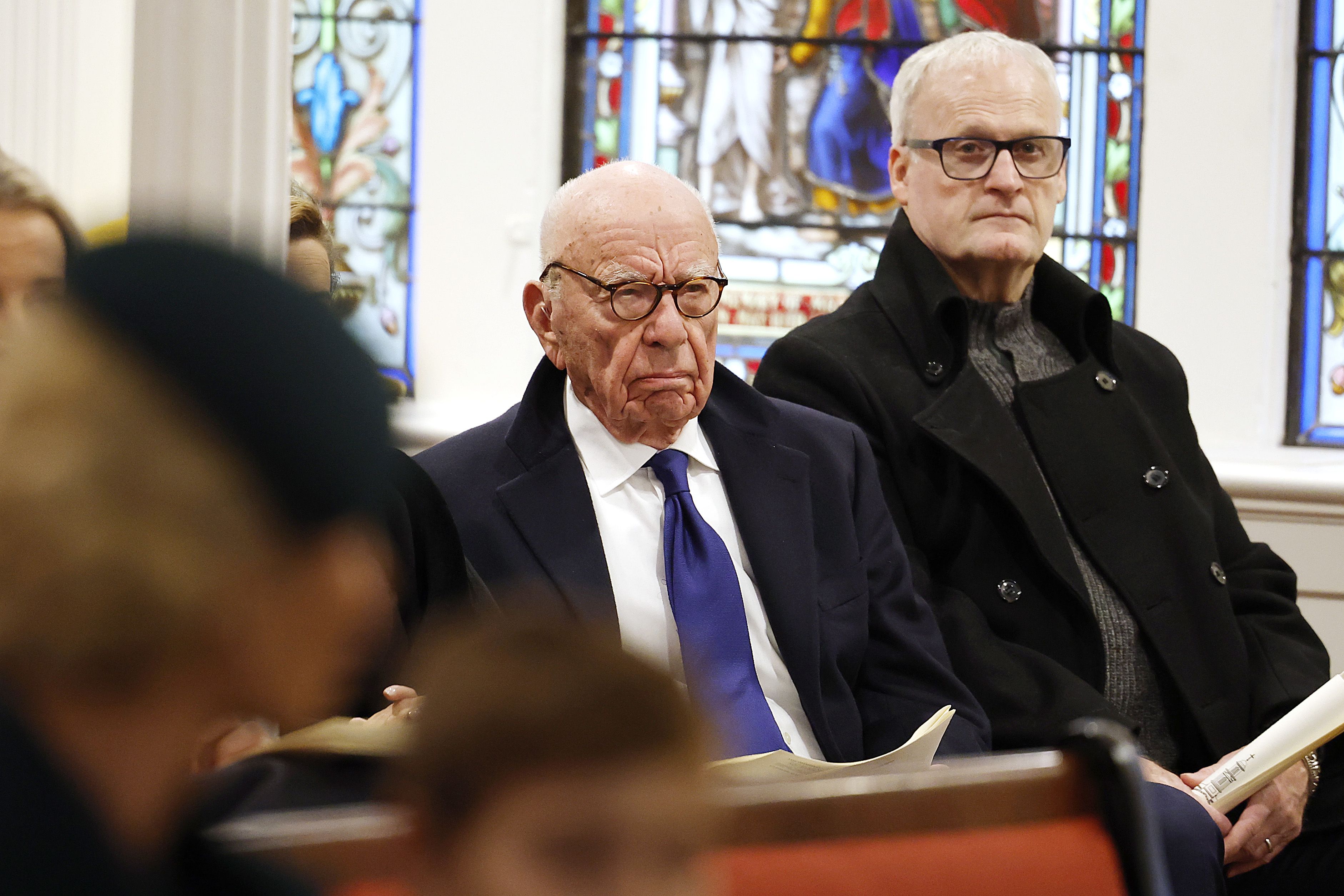
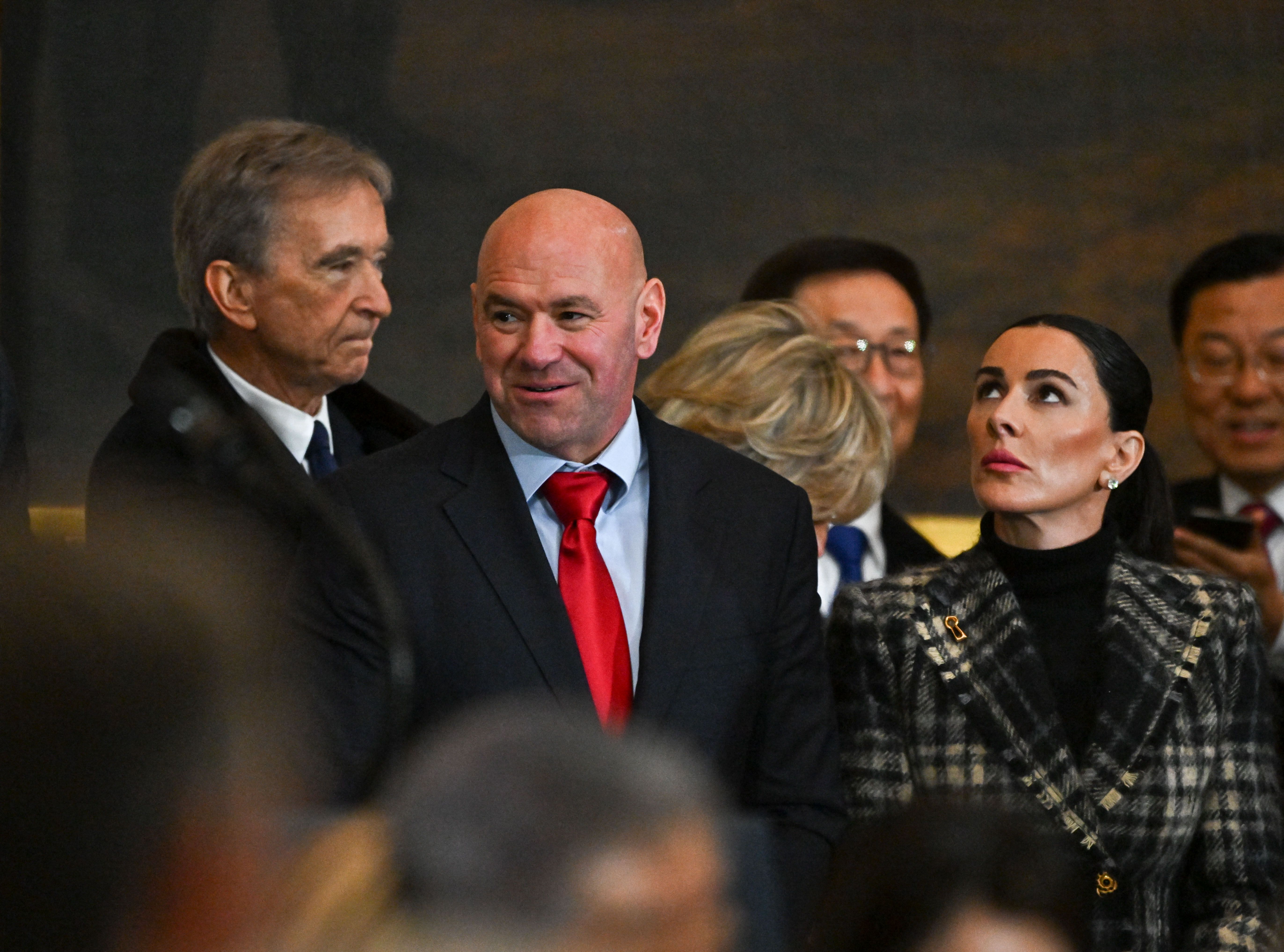
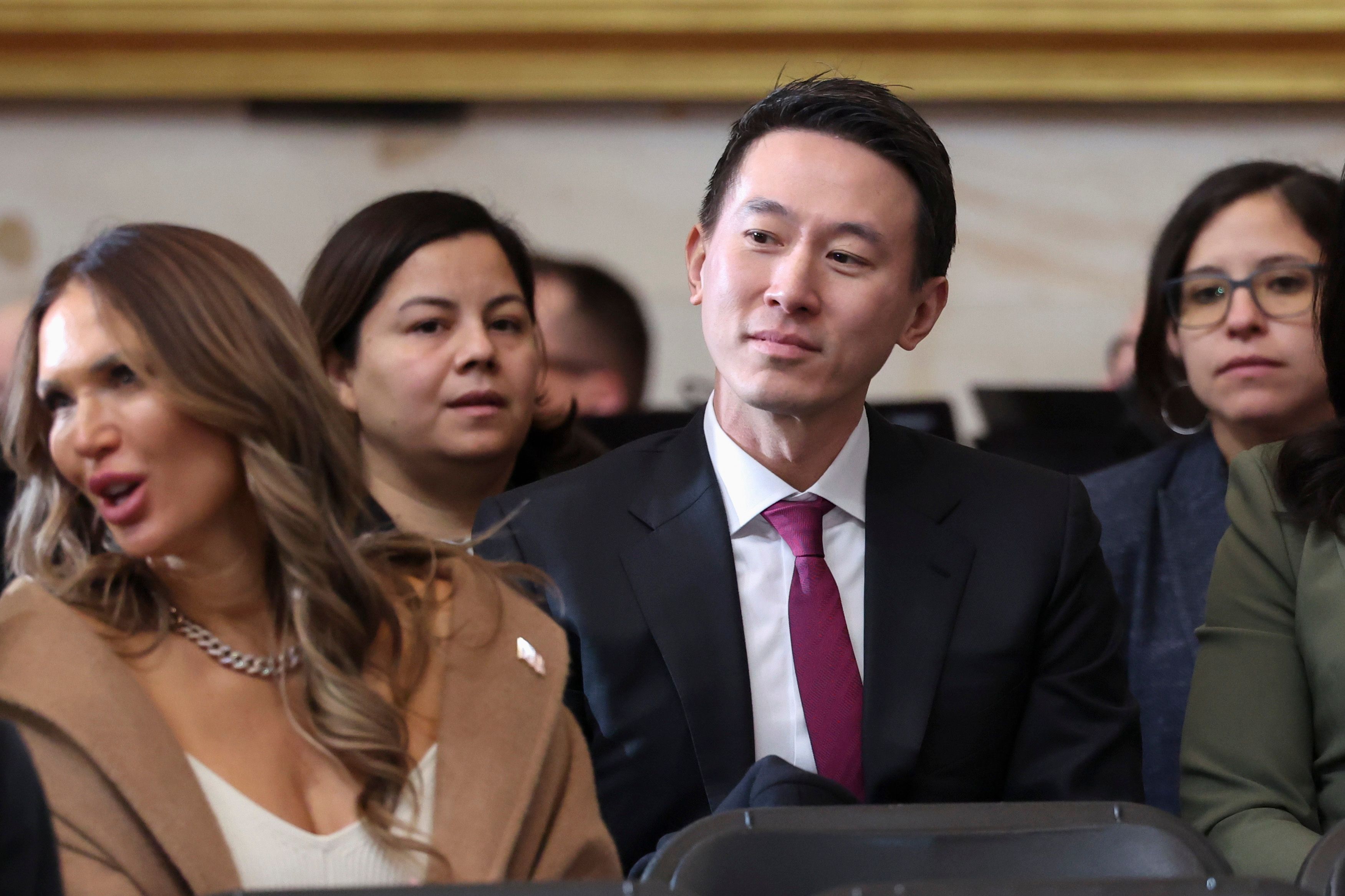
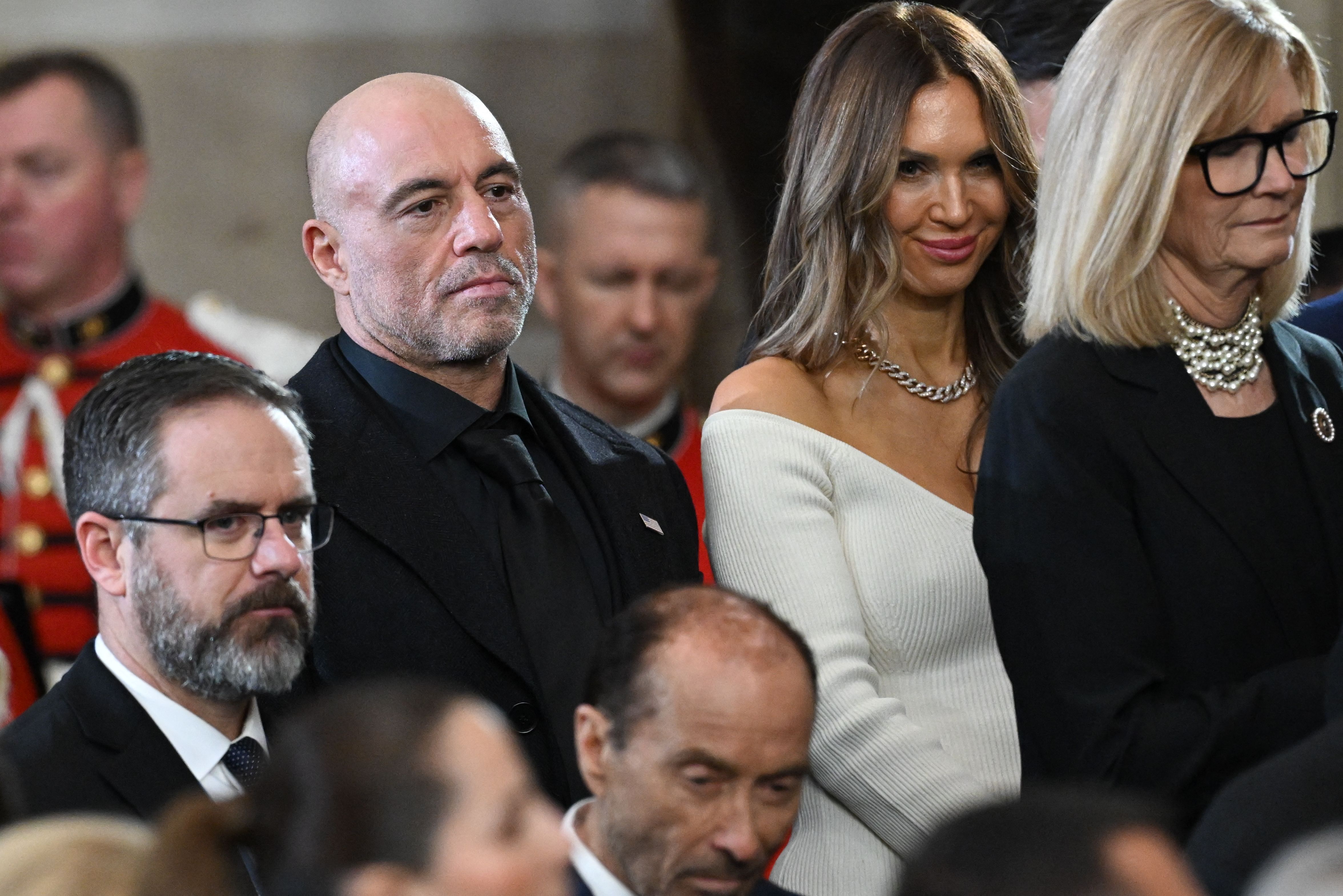
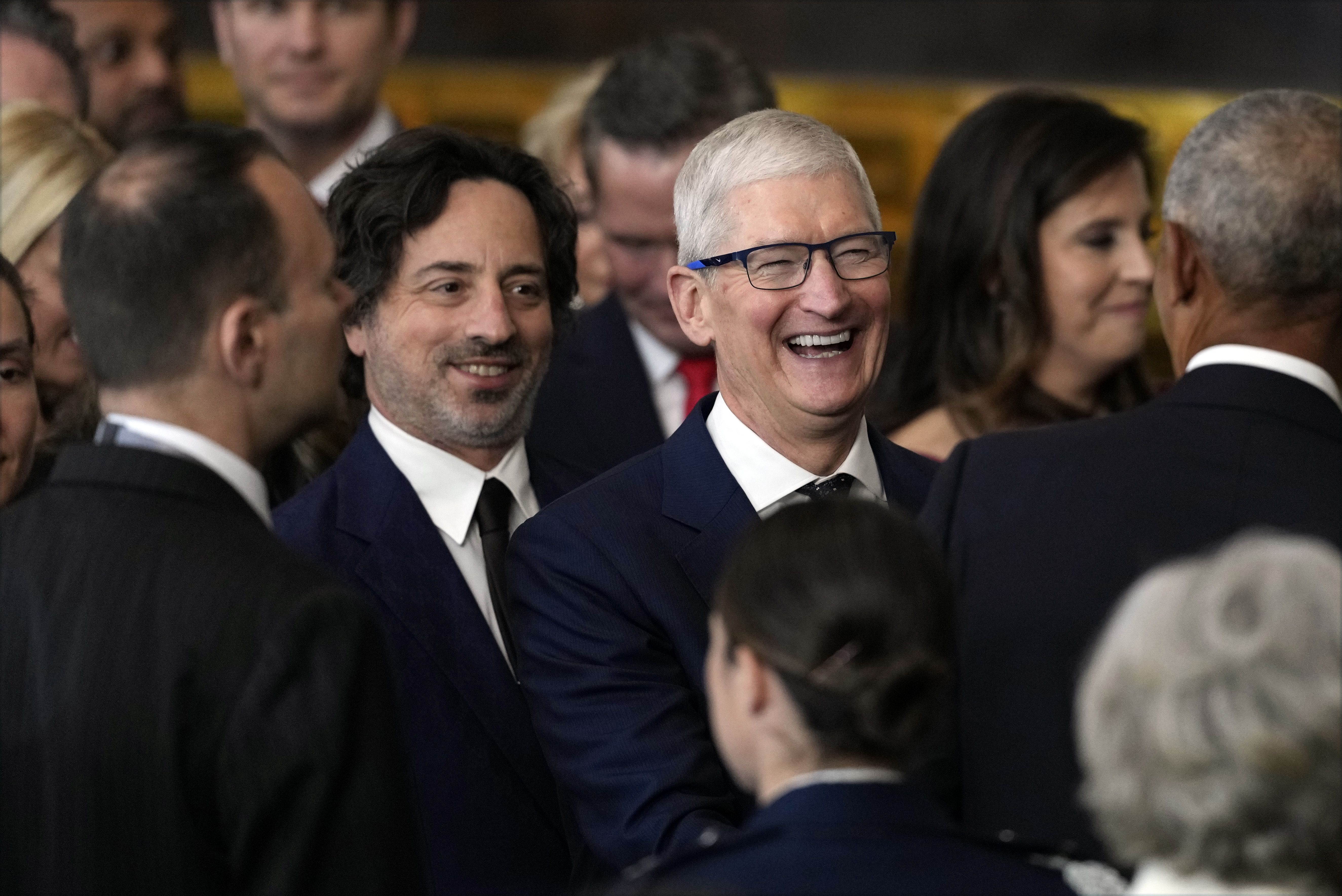
Foreign leaders
- Right-wing leaders, including Argentine President Javier Milei and Italian Prime Minister Giorgia Meloni, were in attendance.
- Also at the inauguration was Chinese Vice President Han Zheng, who held meetings with Vice President Vance and Musk ahead of the event, the AP reported.

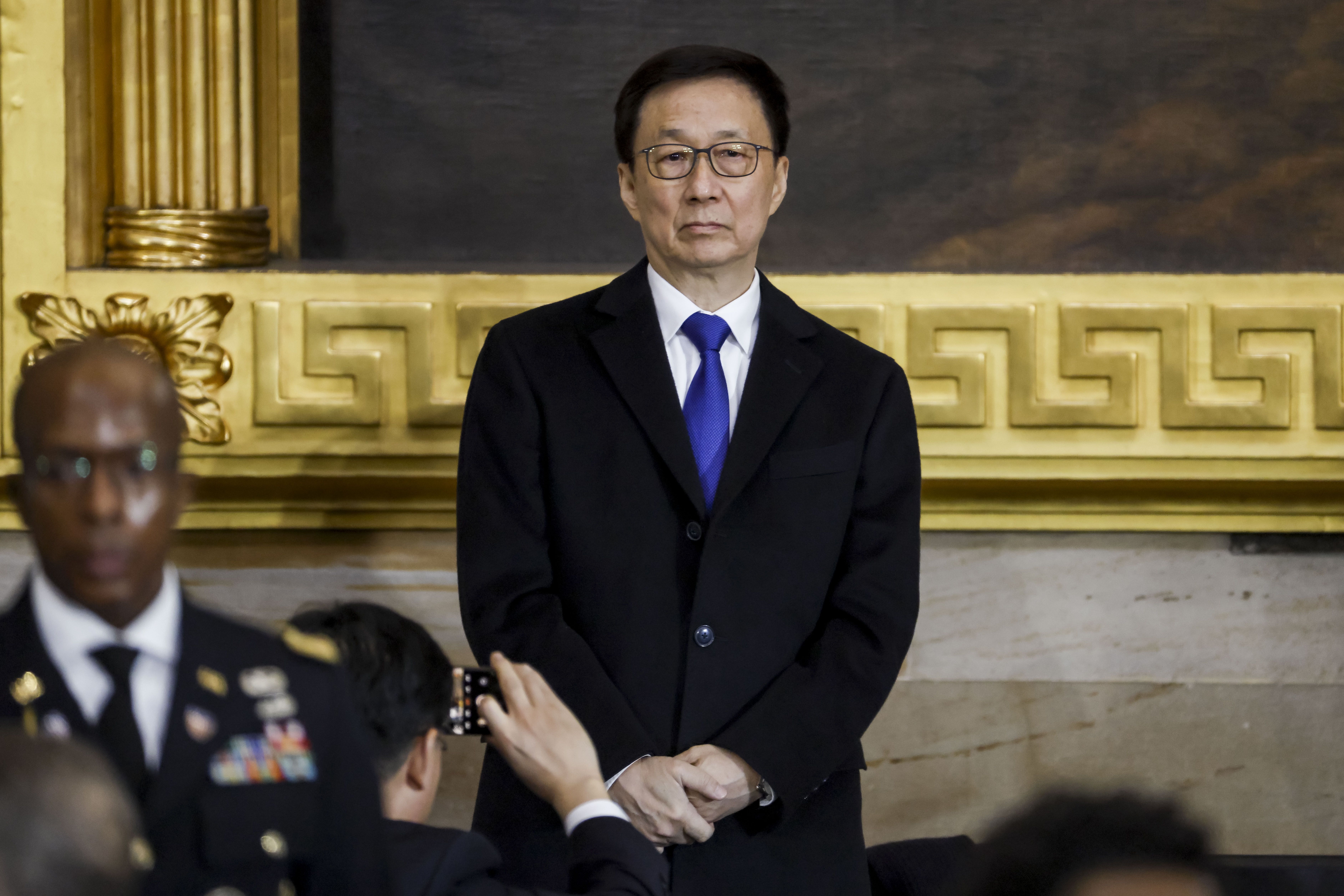
Former U.S. presidents
Former Presidents Bill Clinton, George W. Bush and Barack Obama attended the inauguration.
- Former Secretary of State Hillary Clinton and former first lady Laura Bush joined, but former first lady Michelle Obama did not.
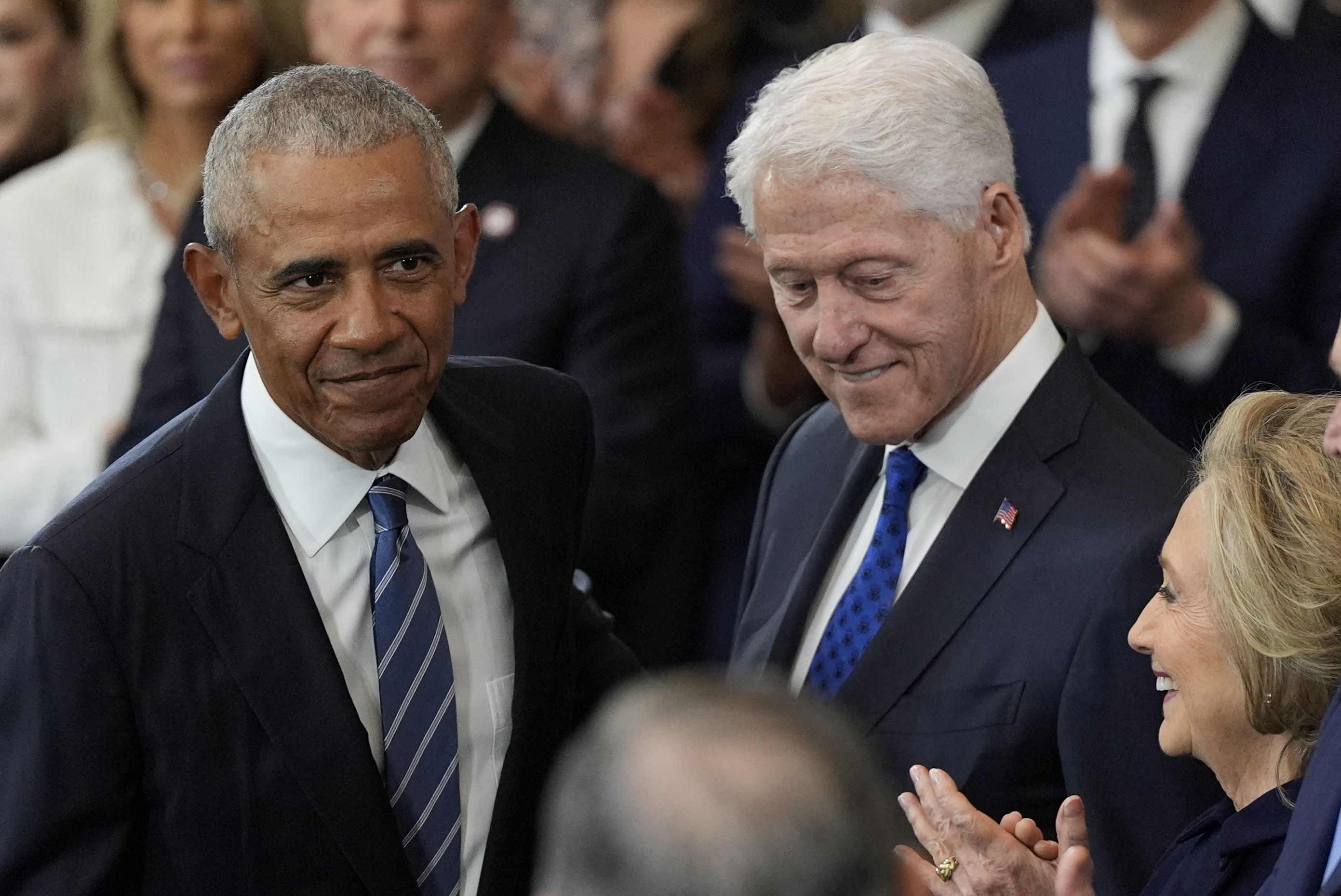
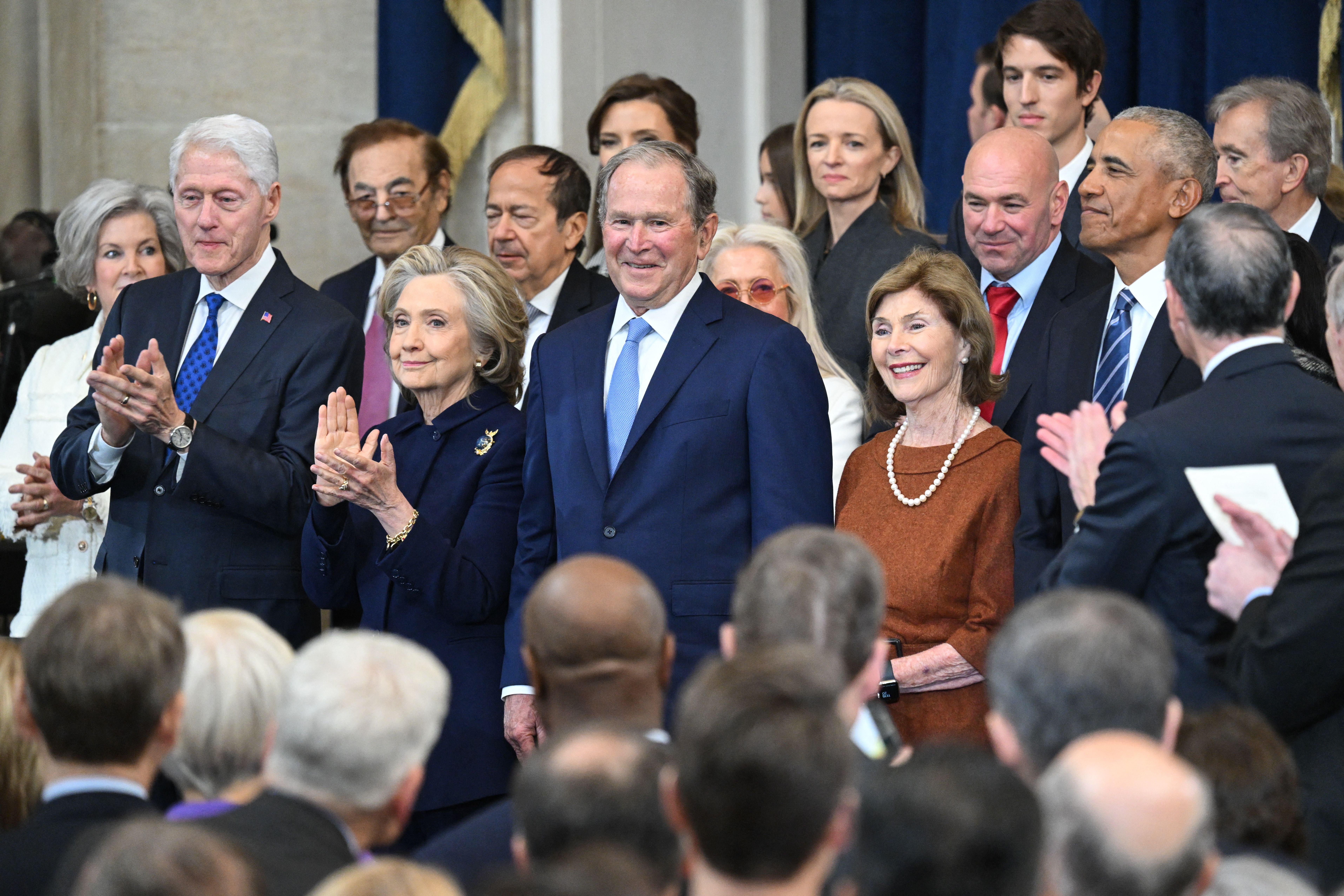
Go deeper: Trump readies executive blitz in White House return
Editor's note: This story has been corrected. Dana White was misidentified as Joe Rogan in a photo.
